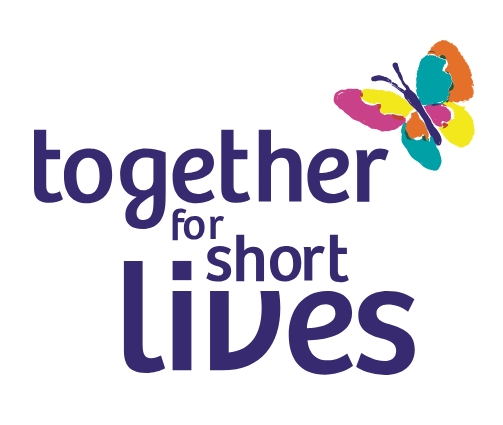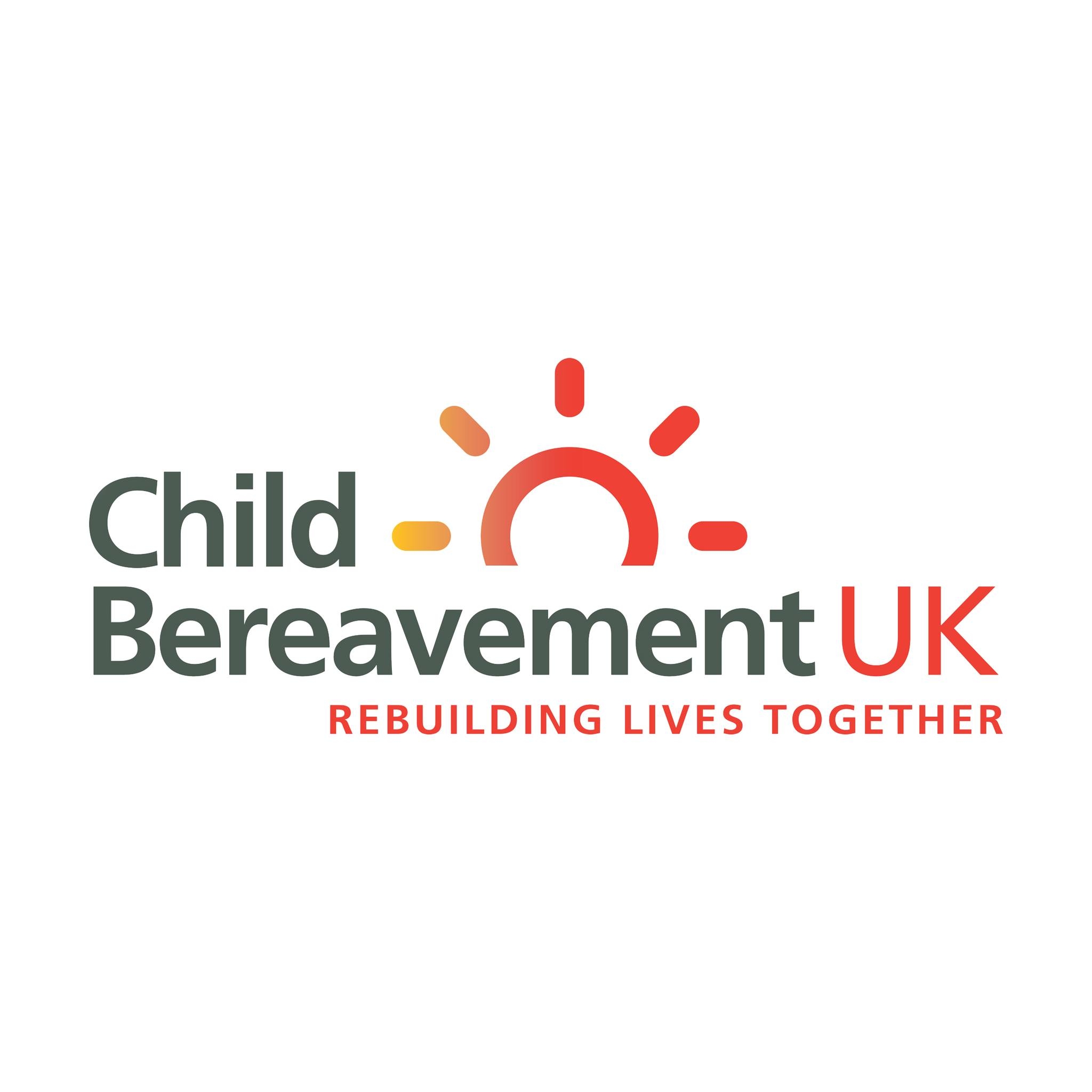Palliative Care for Children: Resources for Professionals
Palliative care for children and young people is an active and total approach to care, embracing physical, emotional, social and spiritual elements.
It focuses on enhancements of quality of life for the child, and support for the family. This includes the management of distressing symptoms and provision of respite care through death and bereavement.
Palliative care also includes elements such as schooling and days out, facilitating happy memories and enabling children and young people to enjoy stimulating, rewarding experiences. Teams look to provide support throughout the difficult times, while stepping back during periods of stability. Palliative care is complex and multifaceted, requiring coordination between key workers from a broad range of specialities.
Caring for a child with a life limiting condition can be challenging, often with complex health needs. Palliative care support includes working with teams and families, helping with decision making and symptom management. In many cases, patients, families and professionals work together to produce an Advance Care Plan (ACP) or to support discussions around symptom control, resuscitation and other individual needs to create a personalised plan.
Further Resources
 Together for Short Lives is the UK’s leading charity for Children’s Palliative Care. They seek to make sure that children with life limiting and life threatening conditions and their families can make the most of every moment they have together, whether that’s for years, months or only hours. Through their family support team and helpline, they provide families of seriously ill children with emotional, financial and practical support and advice. They champion and support palliative care professionals with training and resources, and work to influence policy making and government to secure more investment in children’s palliative care.
Together for Short Lives is the UK’s leading charity for Children’s Palliative Care. They seek to make sure that children with life limiting and life threatening conditions and their families can make the most of every moment they have together, whether that’s for years, months or only hours. Through their family support team and helpline, they provide families of seriously ill children with emotional, financial and practical support and advice. They champion and support palliative care professionals with training and resources, and work to influence policy making and government to secure more investment in children’s palliative care.
An Advance Care Plan (ACP) is designed to communicate the healthcare wishes of children who have chronic and life limiting conditions. It sets out an agreed plan of care to be followed when a child or young person’s condition deteriorates. The ACP is designed so that it could be used in all environments that the child encounters: home, hospital, school, hospice and respite care. It is also appropriate for use by the ambulance service. An ACP can be used as a resuscitation plan and/or as an end of life care plan. It remains valid when parent(s) or next of kin cannot be contacted. In the Yorkshire Region the Children’s Palliative Care Network has endorsed the use of the NICE approved ACP developed by the Children and Young Person’s Advance Care Collaborative (CYPACP).
 Child Bereavement UK helps families to rebuild their lives when a child grieves or when a child dies. We support children and young people (up to the age of 25) when someone important to them has died or is not expected to live, and parents and the wider family when a baby or child of any age dies or is dying. We provide training to professionals in health and social care, education, the emergency services and the voluntary and corporate sectors, equipping them to provide the best possible care to bereaved families.
Child Bereavement UK helps families to rebuild their lives when a child grieves or when a child dies. We support children and young people (up to the age of 25) when someone important to them has died or is not expected to live, and parents and the wider family when a baby or child of any age dies or is dying. We provide training to professionals in health and social care, education, the emergency services and the voluntary and corporate sectors, equipping them to provide the best possible care to bereaved families.
ReSPECT for healthcare professionals | Resuscitation Council UK The aim of any treatment at end of life when no further curative treatment is available should be to ensure comfort and to avoid unnecessary and distressing interventions. This should be discussed with the child (if appropriate) and the family and any limitations of treatment including emergency care and resuscitation decisions should be formalised and documented using the ReSPECT form. ReSPECT documentation is not used in all areas of the country, so some patients coming in from other regions may have other limitation of treatments in place. The time of transfer should be used as an opportunity to sensitively re-discuss the family’s wishes and to complete a ReSPECT form. Similarly, if a patient is being transferred out of region the receiving team should be informed there is a ReSPECT agreement in place in case they need to complete any additional documentation.
Hospices
Forget Me Not Childrens Hospice Telephone: 01484 411 040 Email: contact
Martin House Telephone: 01937 845045 Care email: care



